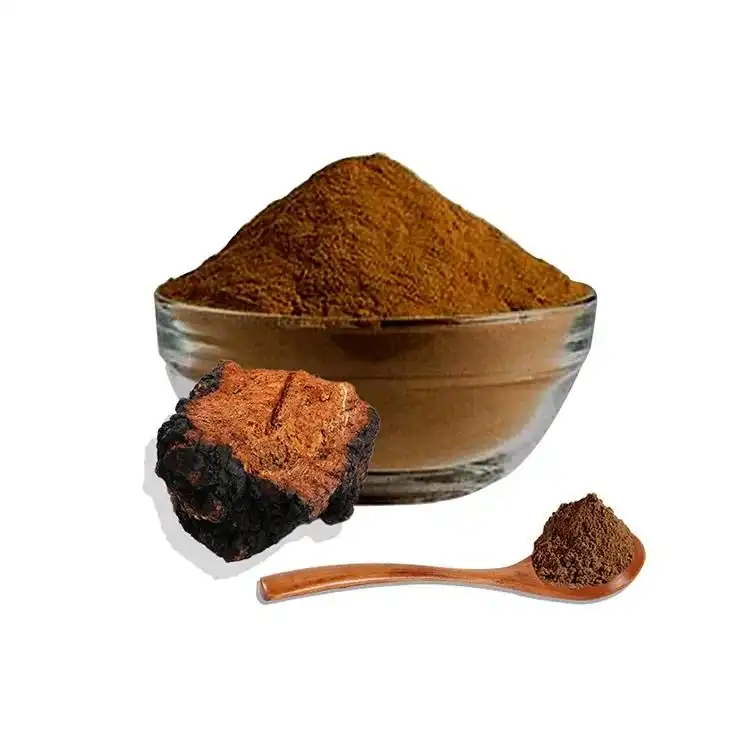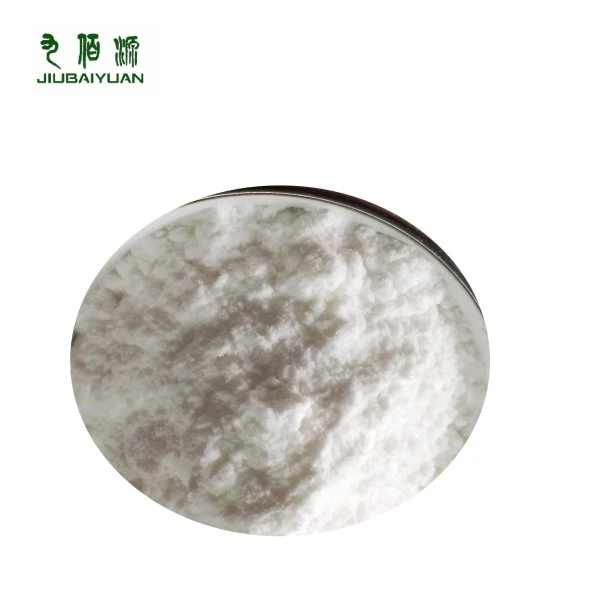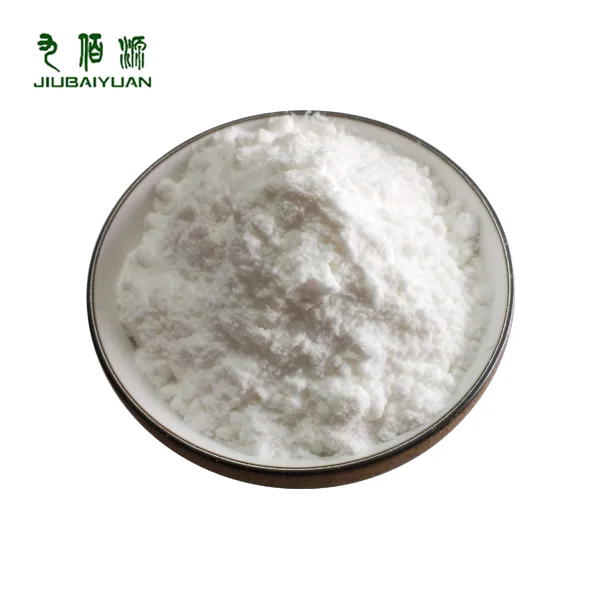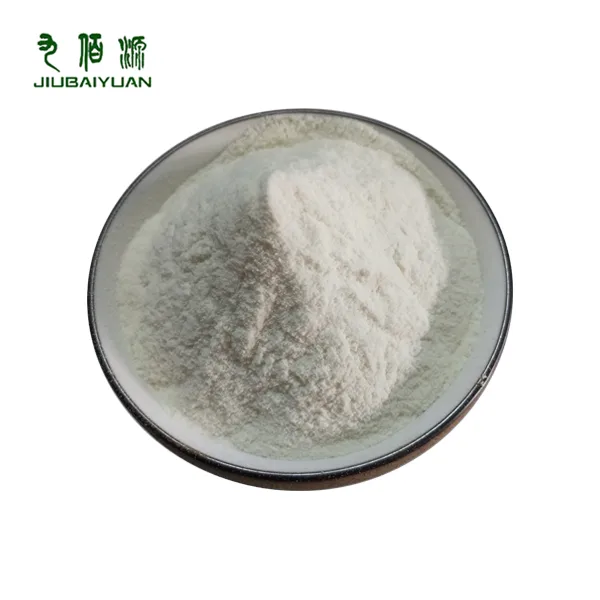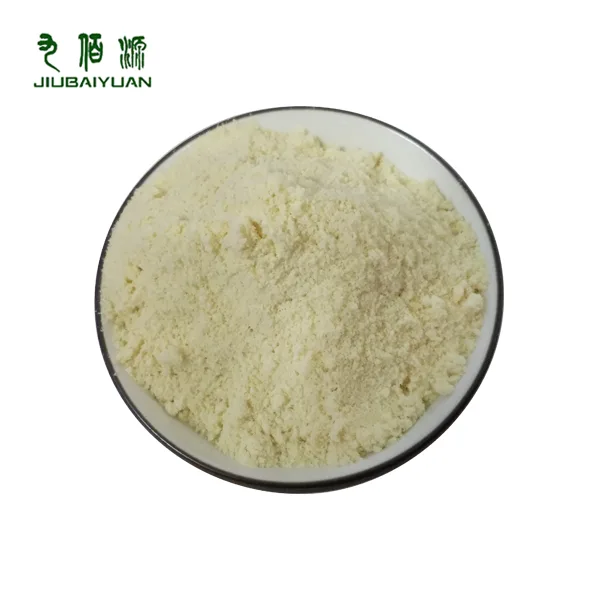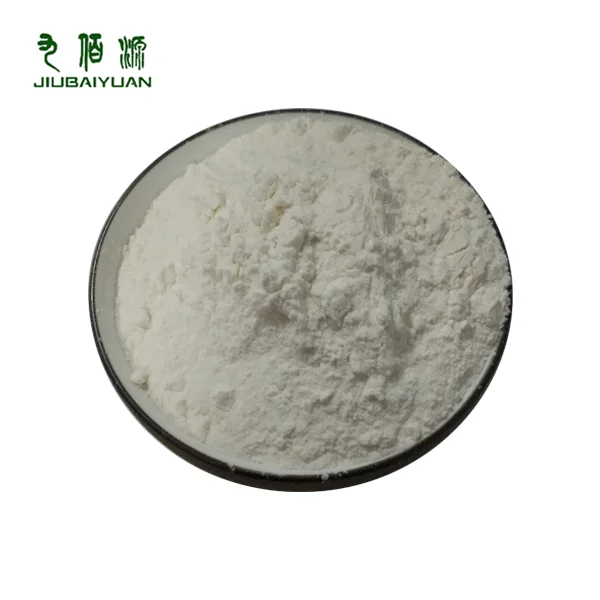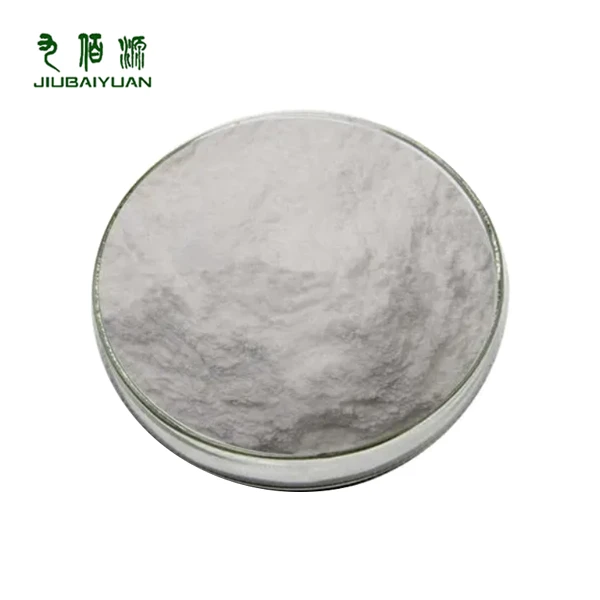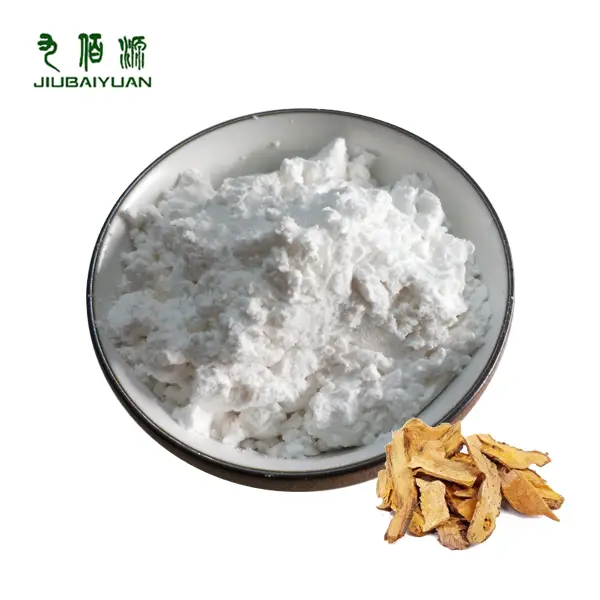How Spermidine Wheat Germ Extract Boosts Longevity?
As we age, the search for ways to extend our healthspan and lifespan becomes increasingly important. Among the many compounds that have garnered attention in the realm of longevity research, spermidine stands out as a particularly promising candidate. Derived from wheat germ, spermidine extract has been shown to possess remarkable properties that may contribute to cellular health and longevity. In this comprehensive guide, we'll explore the science behind spermidine wheat germ extract powder and its potential to boost longevity.
Understanding Spermidine's Role in Cellular Health
Spermidine is a naturally occurring polyamine that plays a crucial role in various cellular processes. Found in all living cells, this compound is essential for cell growth, proliferation, and survival. Wheat germ extract is one of the richest natural sources of spermidine, making it an ideal supplement for those seeking to increase their intake of this vital molecule.
One of the key mechanisms through which spermidine promotes cellular health is by inducing autophagy. Autophagy is a cellular "housekeeping" process that removes damaged proteins and organelles, effectively recycling cellular components and maintaining overall cell health. As we age, the efficiency of autophagy tends to decline, leading to the accumulation of cellular debris and potentially contributing to age-related diseases.
Spermidine acts as a potent inducer of autophagy, helping to maintain this crucial process even as we get older. By promoting autophagy, spermidine wheat germ extract powder may help:
- Reduce cellular stress
- Enhance mitochondrial function
- Improve overall cellular resilience
- Mitigate the effects of oxidative damage
Moreover, spermidine has been shown to interact with various cellular pathways involved in longevity, including the mTOR (mammalian target of rapamycin) pathway. By modulating these pathways, spermidine may contribute to extended lifespan and improved healthspan in various organisms.
Does Spermidine Help with Anti-Aging?
The potential anti-aging effects of spermidine have been a subject of intense scientific scrutiny in recent years. While research is ongoing, preliminary evidence suggests that spermidine may indeed play a role in combating the aging process at a cellular level.
One of the hallmarks of aging is the accumulation of senescent cells - cells that have stopped dividing but remain metabolically active, often secreting pro-inflammatory factors that can damage surrounding tissues. Spermidine has been shown to reduce the burden of senescent cells, potentially mitigating age-related inflammation and tissue dysfunction.
Additionally, the ability of spermidine wheat germ extract powder to promote autophagy may have far-reaching implications for anti-aging. By facilitating the removal of damaged cellular components, spermidine helps maintain cellular integrity and function, which is crucial for healthy aging. This "cellular cleansing" effect may contribute to:
- Improved cognitive function
- Enhanced cardiovascular health
- Better metabolic regulation
- Increased resistance to age-related diseases
Furthermore, spermidine has been associated with telomere maintenance. Telomeres are protective structures at the ends of chromosomes that shorten with each cell division. When telomeres become critically short, cells enter senescence or undergo apoptosis. Some studies suggest that spermidine may help preserve telomere length, potentially slowing down the cellular aging process.
While these findings are promising, it's important to note that much of the research on spermidine's anti-aging effects has been conducted in animal models or in vitro. More human studies are needed to fully elucidate the potential benefits of spermidine wheat germ extract powder in human aging.
Scientific Research Behind Spermidine and Longevity
The scientific community has shown considerable interest in spermidine's potential to extend lifespan and improve health outcomes. Several notable studies have contributed to our understanding of spermidine's role in longevity:
Animal Studies: Research in model organisms such as yeast, fruit flies, and nematodes has consistently demonstrated lifespan extension with spermidine supplementation. For instance, a study published in Nature Cell Biology showed that spermidine extended the lifespan of yeast by up to 40%. Similar effects were observed in fruit flies and nematodes, with spermidine supplementation increasing lifespan by 15-30%.
Rodent Studies: In mice, spermidine supplementation has been associated with increased lifespan and improved cardiovascular health. A study published in Nature Medicine found that dietary spermidine supplementation reduced blood pressure and decreased the risk of heart failure in aged mice.
Human Observational Studies: While interventional studies in humans are limited, observational research has yielded intriguing results. A study published in the American Journal of Clinical Nutrition found that higher dietary intake of spermidine was associated with lower mortality rates in humans. Participants with the highest spermidine intake had a 5-year survival advantage compared to those with the lowest intake.
Mechanistic Studies: Research into the molecular mechanisms of spermidine's action has revealed its involvement in numerous pathways associated with longevity. These include:
- Activation of AMPK (AMP-activated protein kinase), a key regulator of cellular energy homeostasis
- Inhibition of mTOR signaling, which is associated with increased lifespan in various organisms
- Modulation of epigenetic markers, potentially influencing gene expression patterns associated with longevity
- Enhancement of mitochondrial function and biogenesis
While these studies provide compelling evidence for spermidine's potential in promoting longevity, it's crucial to note that more extensive human clinical trials are needed to definitively establish its efficacy and optimal dosage for human use.
Conclusion
Spermidine wheat germ extract powder represents a fascinating avenue in the pursuit of extended healthspan and lifespan. Its ability to promote autophagy, reduce cellular senescence, and modulate various longevity-associated pathways makes it a promising candidate for anti-aging interventions. While the research is still evolving, the current body of evidence suggests that incorporating spermidine-rich foods or supplements into one's diet may offer potential benefits for cellular health and longevity.
As with any supplement, it's essential to consult with a healthcare professional before beginning a new regimen. The optimal dosage and long-term effects of spermidine supplementation in humans are still being studied, and individual responses may vary. For those interested in exploring the potential benefits of spermidine wheat germ extract or seeking high-quality botanical extracts for research or commercial purposes, Xi'an Jiubaiyuan Biotechnology Co., Ltd. offers a range of plant-derived compounds, including spermidine wheat germ extract. For more information or inquiries, please contact us at emily@jiubaiyuanbiotech.com.
References
1. Eisenberg T, et al. "Induction of autophagy by spermidine promotes longevity." Nature Cell Biology. 2009.
2. Madeo F, et al. "Spermidine in health and disease." Science. 2018.
3. Kiechl S, et al. "Higher spermidine intake is linked to lower mortality: a prospective population-based study." American Journal of Clinical Nutrition. 2018.
4. Eisenberg T, et al. "Cardioprotection and lifespan extension by the natural polyamine spermidine." Nature Medicine. 2016.
5. Madeo F, et al. "Spermidine: a physiological autophagy inducer acting as an anti-aging vitamin in humans?" Autophagy. 2019.
